On Tuesday, United States Supreme Court Chief Justice John Roberts directed Special Counsel Jack Smith to respond within one week to Donald Trump's legal team's request to delay the former president's trial for 2020 election interference.
Trump's attorneys on Monday filed an emergency appeal with the Supreme Court contesting a decision by the DC Court of Appeals that found the former president and 2024 GOP frontrunner is not immune from prosecution in Smith's case. The request is for temporary relief, to stay, or block, the appeals court mandate from taking effect.
If granted, the Trump legal team would have more time to file an appeal to the Supreme Court on the merits of whether a former president deserves immunity from criminal prosecution for actions while in office. Chief Justice John Roberts instructed Smith to reply to Trump's request no later than 4 p.m. on Tuesday, Feb. 20, 2024 though a filing could come sooner.
Previously on RedState: Special Counsel Requests Immediate Supreme Court Review on Trump Presidential Immunity Issue
There are several avenues on how this might proceed from here:
The Justice Department may ask for expedited consideration of Trump's initial emergency appeal in response to the Supreme Court's order. The high court could then issue an order on whether to grant the state, until Trump files an appeal on the merits.
Alternatively, the court could grant Trump the stay and agree to hear the case on the merits without waiting for Trump to appeal. Were that to happen, the court is likely to expedite the matter, with oral arguments and a ruling coming within weeks or months.
Should the court reject Trump's request for a stay, the case would be thrown back to Judge Chutkan, who would then restart the pre-trial process and set a new trial date.
The elephant in the room in all this, of course, is the upcoming presidential election. It's in former President Trump's interest to delay this, if possible, until after the election. Once the election is decided, and if Trump should emerge the victor (which is looking increasingly likely, if current polling is any indication), there exists the possibility that he could take an action that has never been attempted by any president, namely, a preemptive self-pardon.
Legal opinions on the subject of self-pardon by a president are mixed at best. The Constitution appears to limit the President in that it disallows a pardon in the case of impeachment. Article II, Section 2, Clause 1 of the Constitution states in part:
...and he shall have Power to grant Reprieves and Pardons for Offences against the United States, except in Cases of Impeachment.
That would appear to allow a self-pardon. Also, an 1866 case, Ex parte Garland, 71 U.S. 333 (1866), appears to acknowledge a near-unlimited pardon power on the part of the president. That decision also notes that the Legislative Branch has no part in the pardon process and no authority to regulate it. That decision states in part:
9. The power of pardon conferred by the Constitution upon the President is unlimited except in cases of impeachment. It extends to every offence known to the law, and may be exercised at any time after its commission, either before legal proceedings are taken or during their pendency, or after conviction and judgment. The power is not subject to legislative control.
This is an ongoing case. RedState will continue to bring you more information as events warrant.
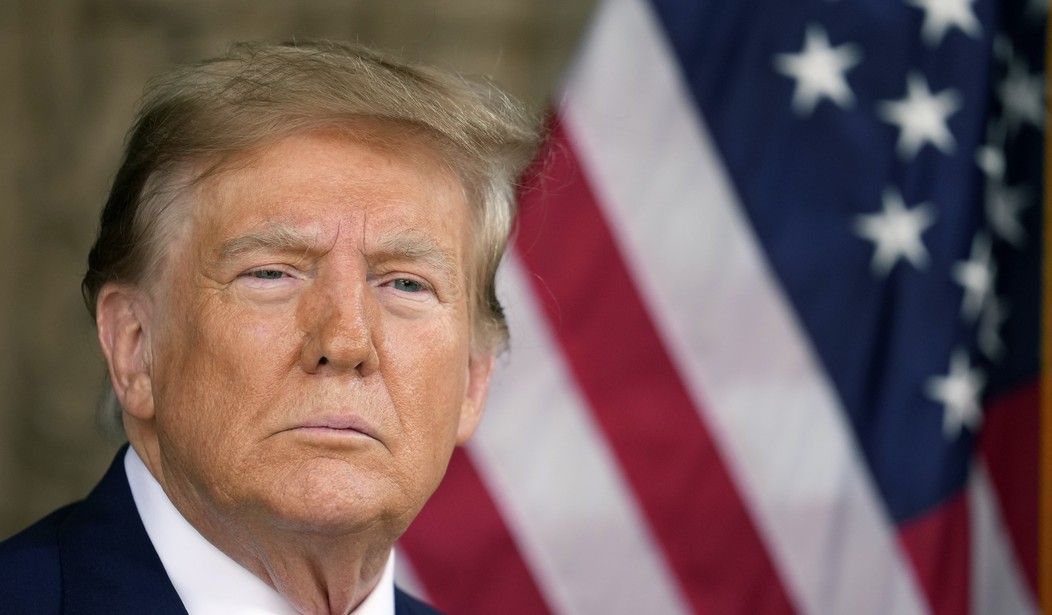

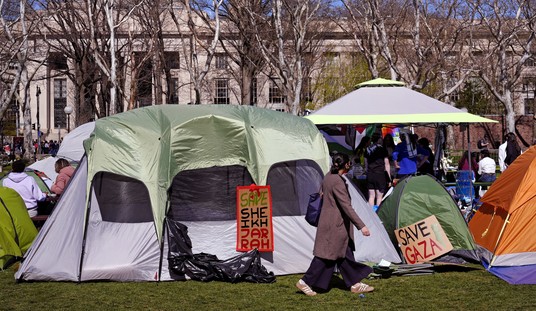


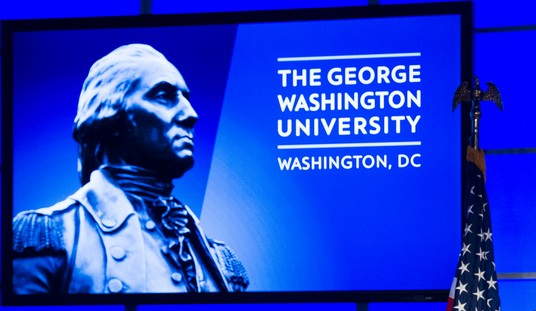

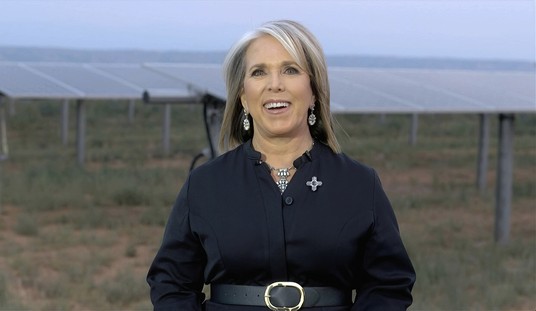

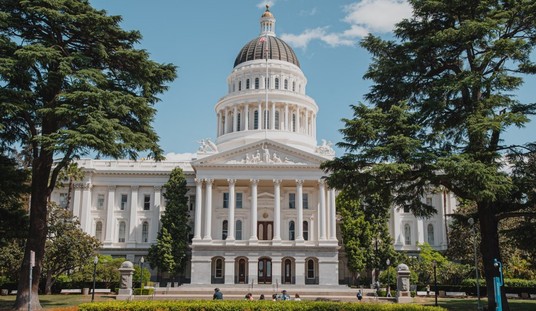


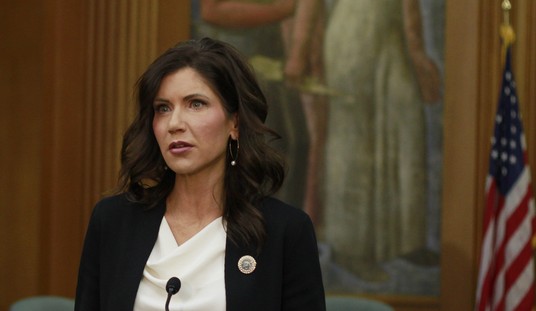

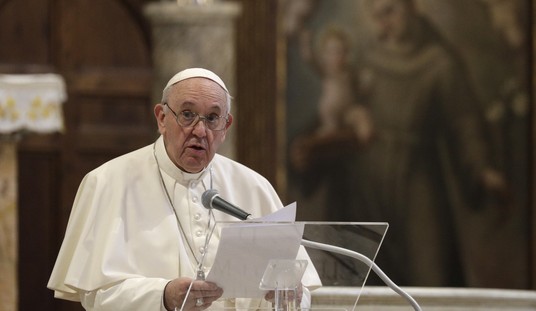
Join the conversation as a VIP Member